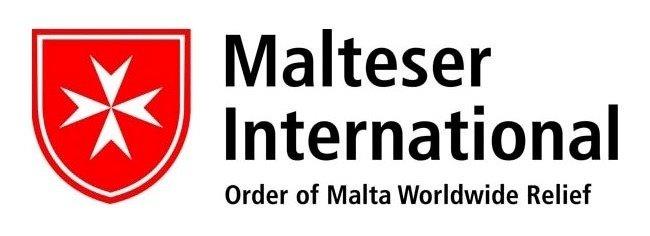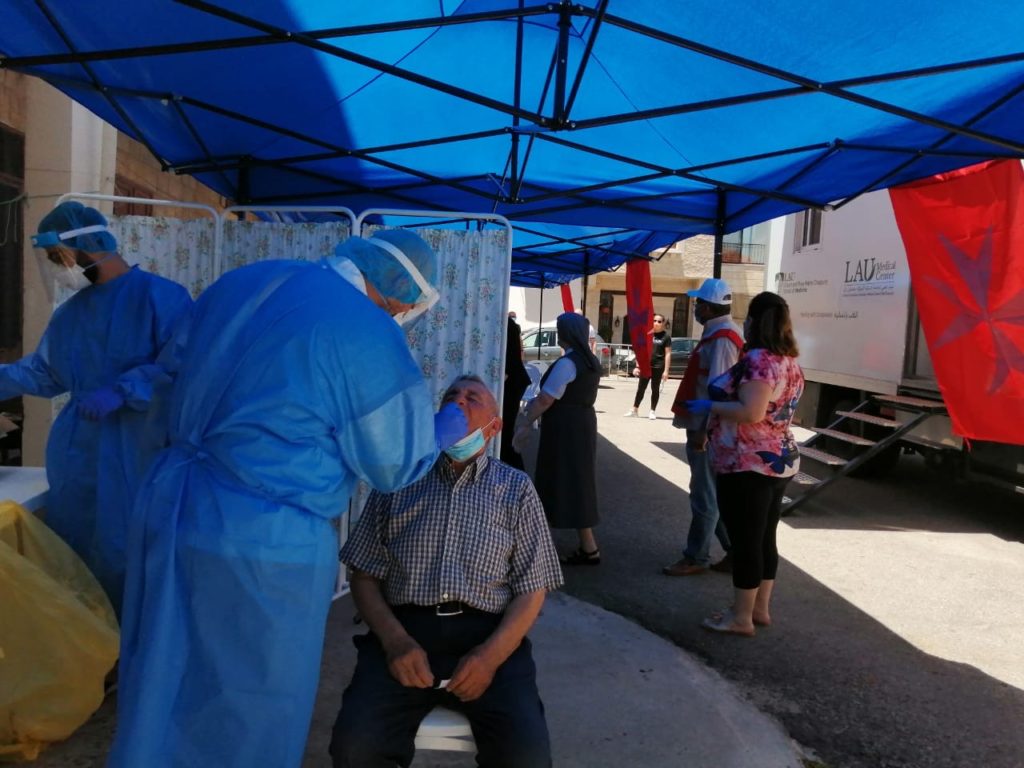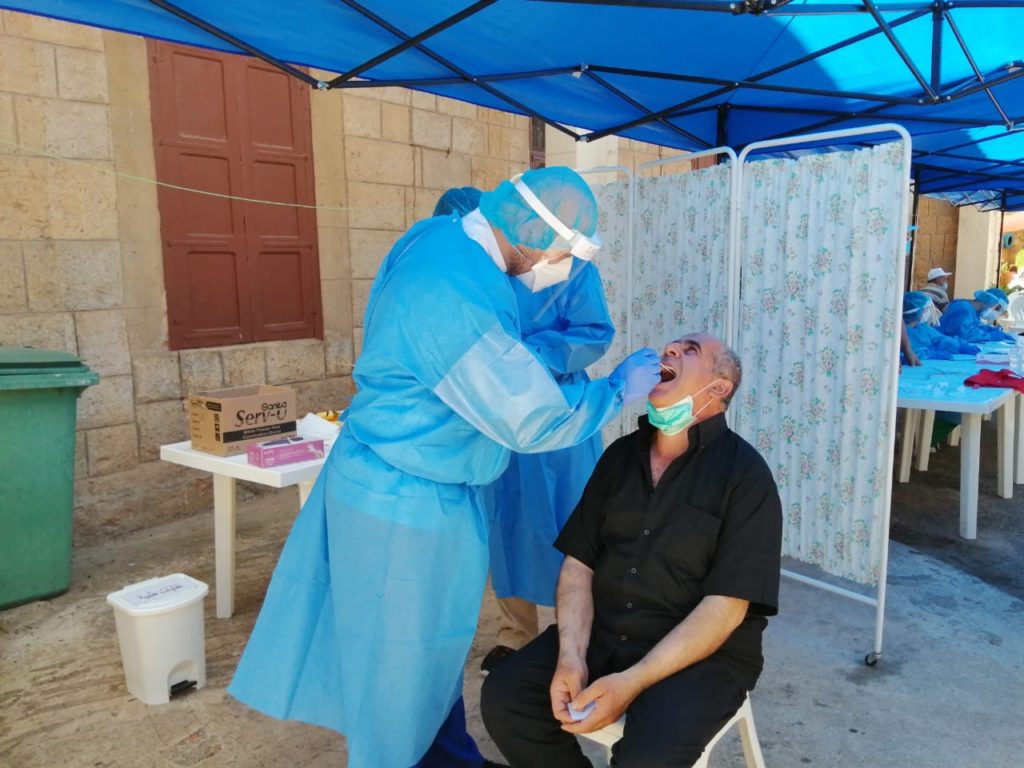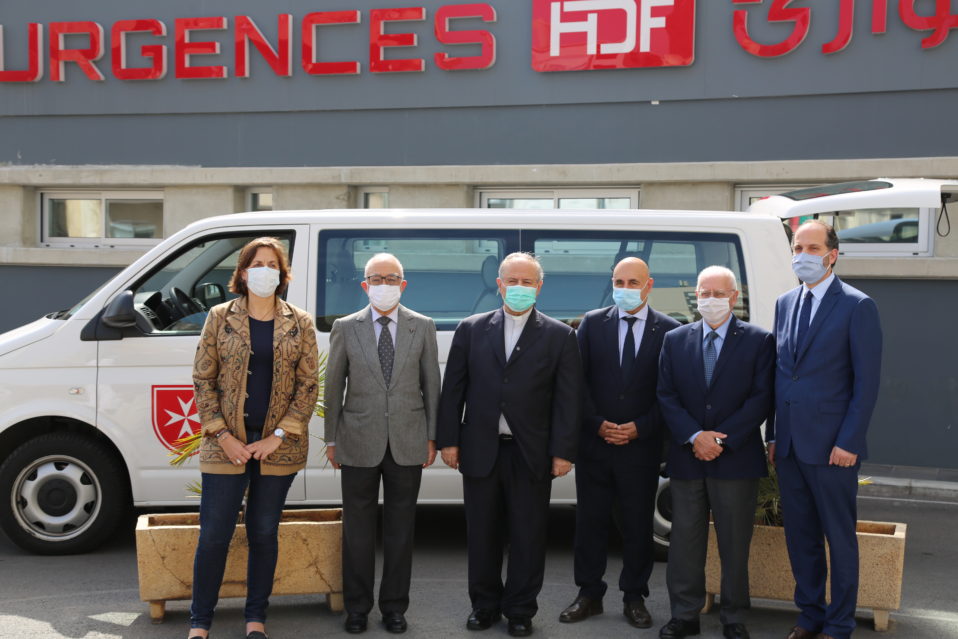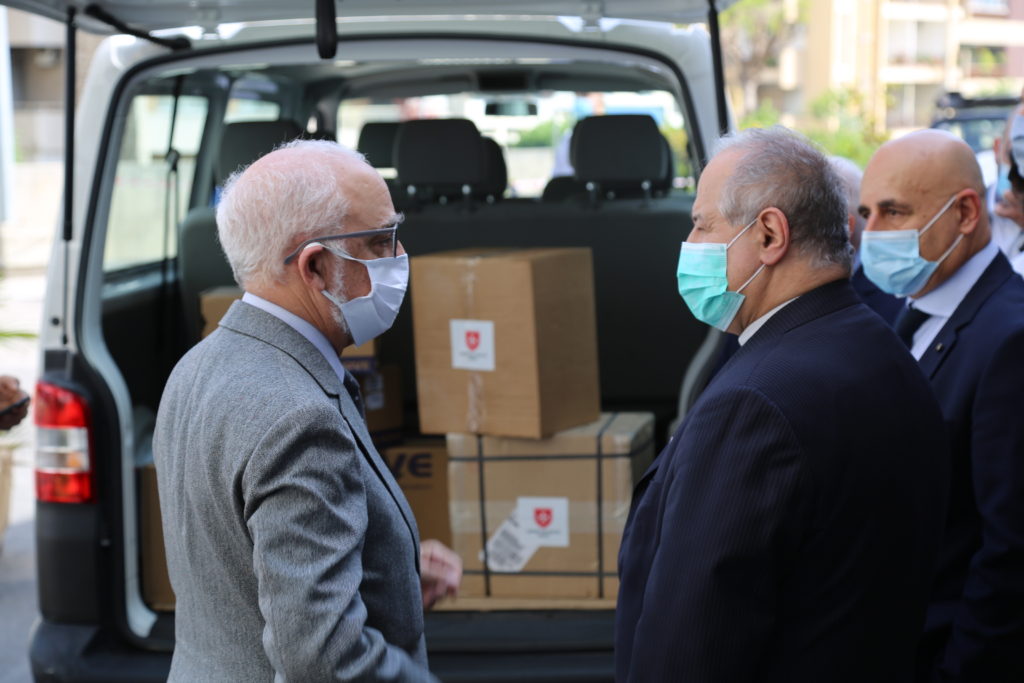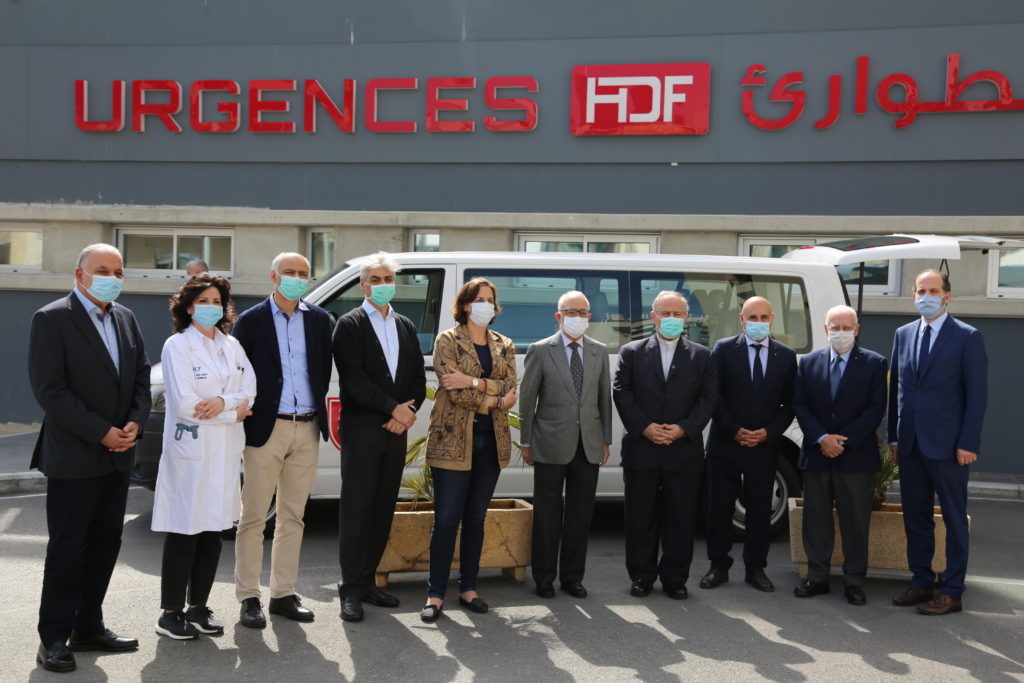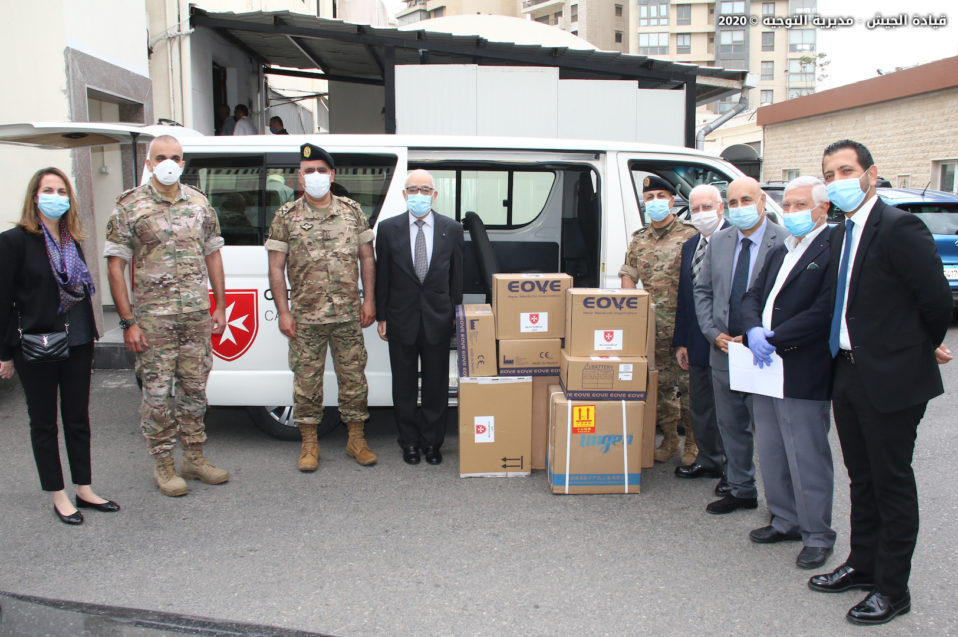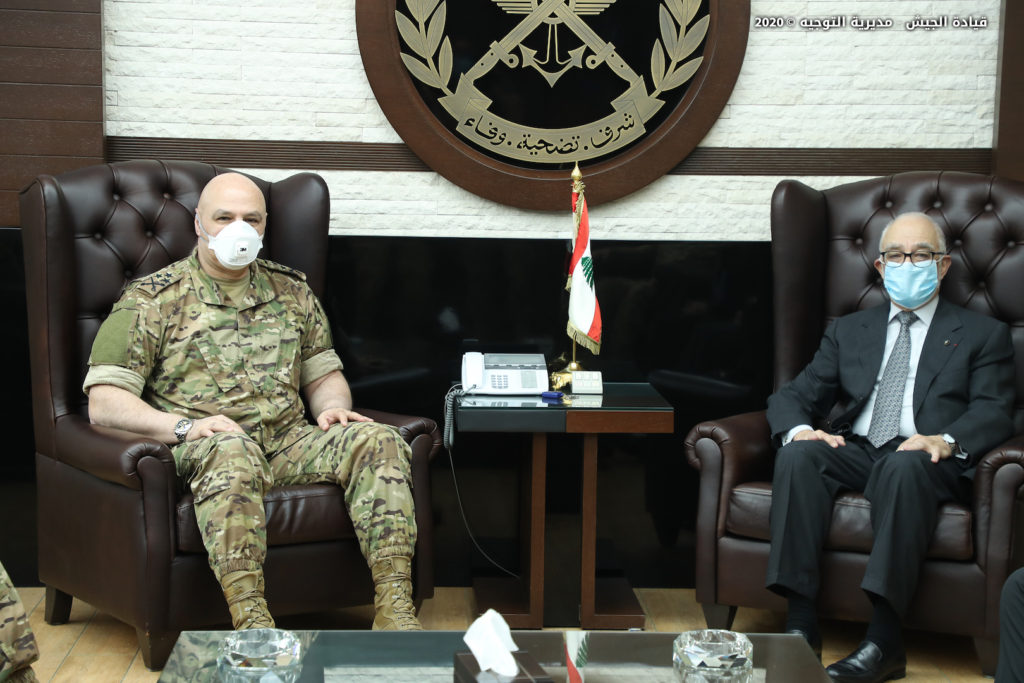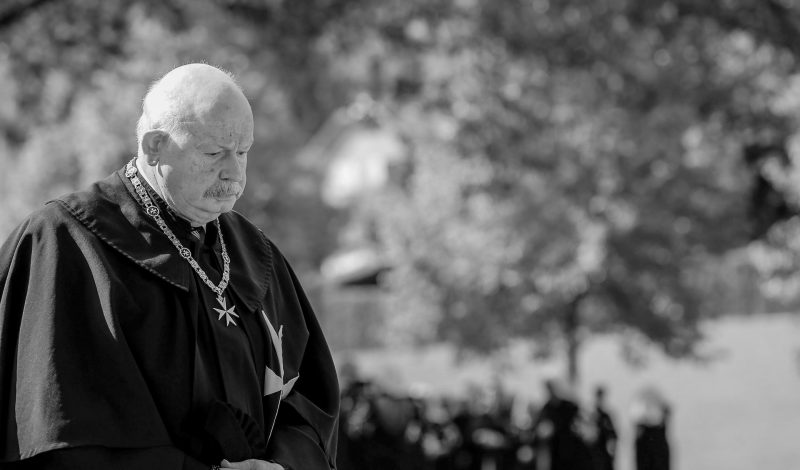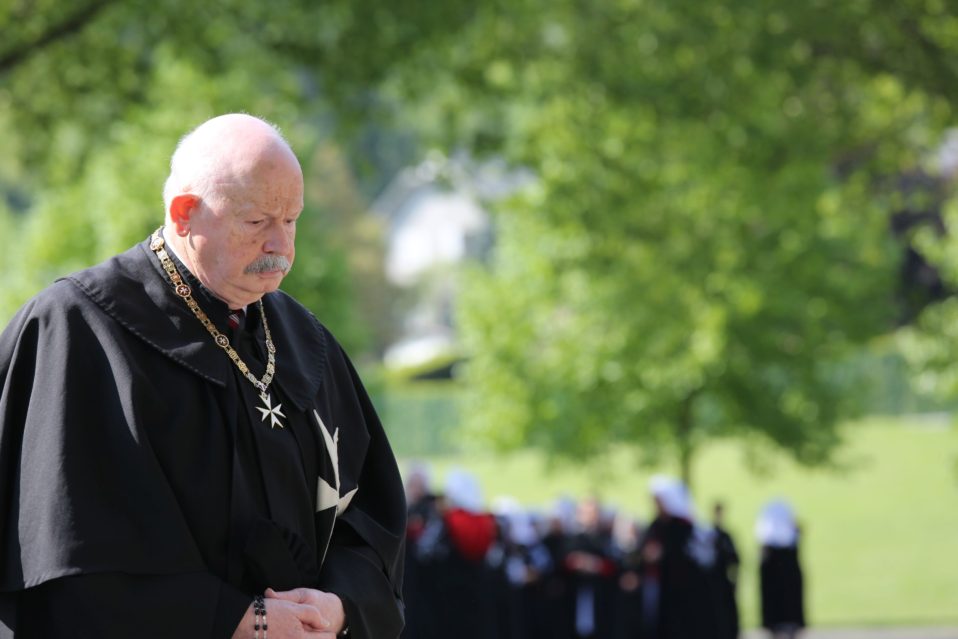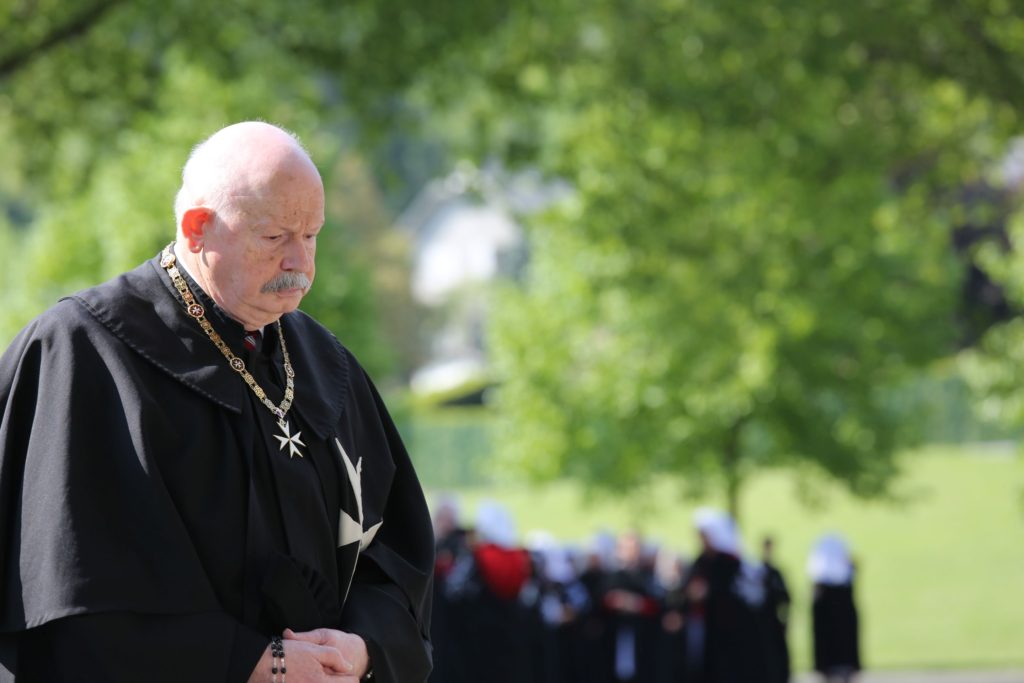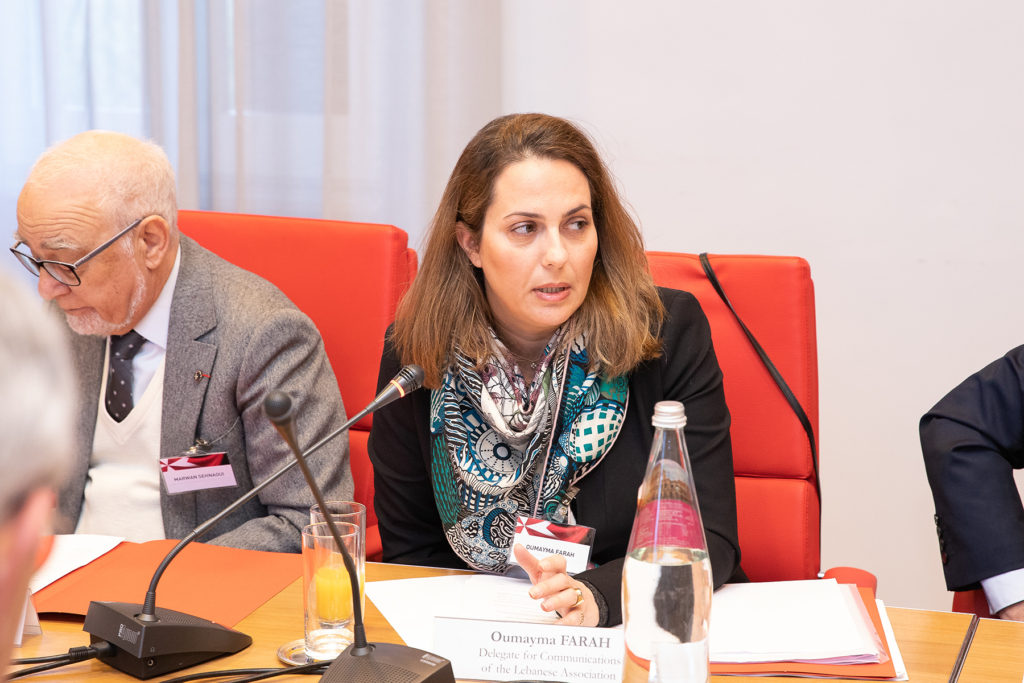Our partner, Malteser International, has a vacancy for a Partner Advisor Administration and Compliance (m/f/d)
In the Middle East Region, Malteser International (MI) is operating in the context of the humanitarian crisis in Syria since 2012 implementing emergency relief measures in Turkey, Syria, and Lebanon and since 2014 in Iraq. Malteser International’s programs cover needs mainly in the health sector and are mostly partner implemented.
In Lebanon, Malteser International works in cooperation with the Lebanese Association of the Knights of Malta (LAKM) to implement projects in the framework of humanitarian assistance and transitional aid funded by the German Foreign Office and the Federal Ministry for Economic Cooperation and Development. LAKM and MI are currently in the process to jointly set-up a comprehensive multi-annual program to strengthen the social and health services of LAKM all over Lebanon and further professionalize LAKM as Non-Governmental Organization.
In support of our work and to strengthen the capacities of our local Partner in Beirut, Lebanon, Malteser International is looking for an experienced
Partner Advisor Administration and Compliance (m/f/d)
As Partner Advisor Administration and Compliance, you will support the partner organization LAKM in all financial, administrative and logistic aspects of the new planned program, as well as the current running projects, ensuring and maintaining compliance with Malteser International and donor procedures, standards, rules and regulations. You will work closely with the partner organization and the MI Partner Program Coordinator in Beirut.
RESPONSIBILITIES:
- Ensure compliance of the partner organization with the financial, administrative and logistic procedures of Malteser International and the donors during program planning, implementation and closure
- Supervise, monitor and advise relevant staff of the partner organization to ensure that the administration, logistic and finance system adheres to Malteser International’s and donor’s standards and provide training as necessary
- Ensure sound planning and preparation of budgets, amendments and forecasts together with the partner organization and the Partner Program Coordinator
- Ensure proper cash flow management according to available Malteser International and donor funds
- Review donor financial reports and ensure that they are prepared in line with Malteser and donor reporting requirements
- Ensure correct utilization of relevant procurement guidelines, supply chain management forms and oversee fleet management
- Set-up a new administrative location of Malteser International (opening of bank account, defining standards for cash handling, keeping of cash books, etc.)
QUALIFICATIONS:
- Minimum 4 years professional experience in financial and administrative management
- In depth knowledge of financial control systems, accounting, budget planning and financial reporting in humanitarian/development aid projects
- Experience in working with national partner organizations and implementation of trainings
- Proven experience in administrative standards and requirements of institutional donors
- Proven experience in logistics, office organization and human resources management
- Ability to be a flexible team player and to promote productivity in a pleasant working environment
- Good coordination and organizational skills such as timely follow-up
- Physical and mental strength, readiness to live in Beirut or surroundings
- Fully computer literate (Microsoft Office, accounting software), ability to implement new soft-ware packages in field locations
- Fluency in English (written and spoken); French/Arabic/German would be an asset
CONDITIONS:
- Start Date: as soon as possible, but no later than September 15, 2020
- Duty Station: Beirut, Lebanon with very frequent travels to program/project areas
- Duration of contract: 12 months (extendable)
- Salary according to qualification and experience, insurance package, accommodation in team house, 30 paid leave days per year plus 13 public holidays, 1 home flight per year
IF YOU ARE INTERESTED IN THIS POSITION, PLEASE APPLY ONLINE AT https://bit.ly/3eIsjNN
Please submit your application (CV, letter of motivation, copies of diplomas and three references) until August 2nd, 2020.
Please note that due to the urgency of this position, applications will be short listed on a regular basis and we may offer this post before the closing date.
Malteser International
D-50825 Cologne / Germany
www.malteser-international.org





